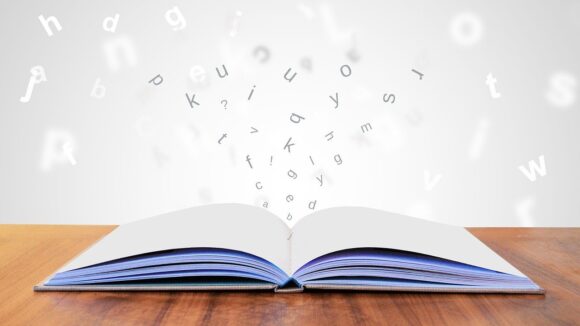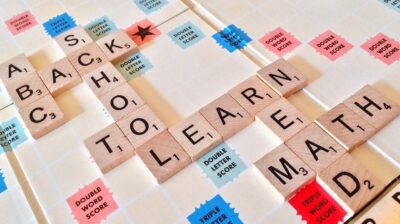
The New York Times is synonymous with the Sunday Crossword. In fact, the game is so popular that the New York Times rolled out a games-only digital subscription that allows players to pay for access to just the Crossword and other NYT games, eschewing the newspaper articles entirely. But the Crossword, though spectacular, isn’t the New York Times’ only puzzle offering. In addition to its recent acquisition of Wordle, the newspaper offers a host of other unique games, including the New York Times Spelling Bee.
What is the NYT Spelling Bee?
The New York Times Spelling Bee is a word-finding game similar to other popular games like Wordscapes and Word Vistas. In this puzzle, players are given an assortment of seven letters and asked to find as many words made of those letters as they can. Letters can be reused, but every word must contain the one “central” letter which is designated on the daily puzzle.
Currently, Spelling Bee is only fully available to New York Times subscribers who have purchased a high-level subscription. However, that doesn’t mean non-subscribers are totally barred from the game. Certain people with cheap subscriptions or no subscriptions can play a few rounds of the game to test it out. If you try it and find you enjoy it, you can choose to buy a subscription.
Tips for How to Win Spelling Bee
Whether you’re new to Spelling Bee and trying to get better at the game, or an experienced player looking to up your win stats, here are a few tips to keep in mind for your next Spelling Bee game.
- Keep an eye out for common letter combos, including common prefixes and suffixes.
This tip holds true for all word-finding games. As a player, your first instinct might be to search for whole words. But one of the best ways to break down a group of letters into a word is to search for common prefixes and suffixes. For instance, if you can find an ING, ED, or ER in a set of letters, you’ve found a core component that you can likely use in multiple words. Likewise, search for letter combos that commonly start words, like ANTI, AUTO, or NON.
- Start with smaller words, then work your way up.
Yes, it’s a great ego boost if you can hit a nine-letter word immediately. But by starting smaller and easing into things, you can familiarize yourself more slowly with the puzzle and letters it contains. And you will likely have an easier time finding long compound words once you’ve found a few short building blocks.
- Memorize a few words that commonly pop up in the game.
Unlike Wordle or Scrabble, Spelling Bee isn’t totally random: editors pick the solutions. That means words can come up many, many times in play, such as RATATAT, MAMMA, and TARTAR. Using just two or three letters each, these words are frequently valid answers for puzzles.
On the same note, don’t forget to reuse letters when you’re solving your Spelling Bees! If you limit yourself to using each letter only once, you’ll have a much harder time getting consistently high scores.
- Study your missed words.
Similarly, because some words repeat in Spelling Bee, it’s important to study your past failures so you can improve moving forward. By examining yesterday’s missed word list, you’ll likely find a few obscure or strange words that you wouldn’t have thought of during your game. Not only is this a chance to expand your vocabulary – something that will pay off the next time you need to write a report for your boss or English teacher – but you’ll be surprised how many of these words are likely to come back in future games.
- Make use of your shuffle button.
The shuffle button, found just under the list of letters for each daily game, can be a huge boon to Spelling Bee players. If you’ve been staring at a list of letters for a while and simply can’t find any more words, you might need a change in perspective. Shuffling your letters can give you that fresh view. It can also help you spark some new connections to find future words.
- Don’t forget to hunt for pangrams.
In Spelling Bee, a pangram is a word that uses all seven given letters. These words are worth extra points, because of their length, and they’re also super satisfying to locate. While finding a pangram can be tricky in Spelling Bee, it can also be very rewarding. Don’t forget to take the time to hunt for these long words.
Our Other Word Game Resources
Looking for help on other word games? Check out some of our other word game resources, including our Wordle Solver and our Scrabble word finder. Or check out our list of 20 realistic high-scoring Scrabble words to help you out in your next game.


